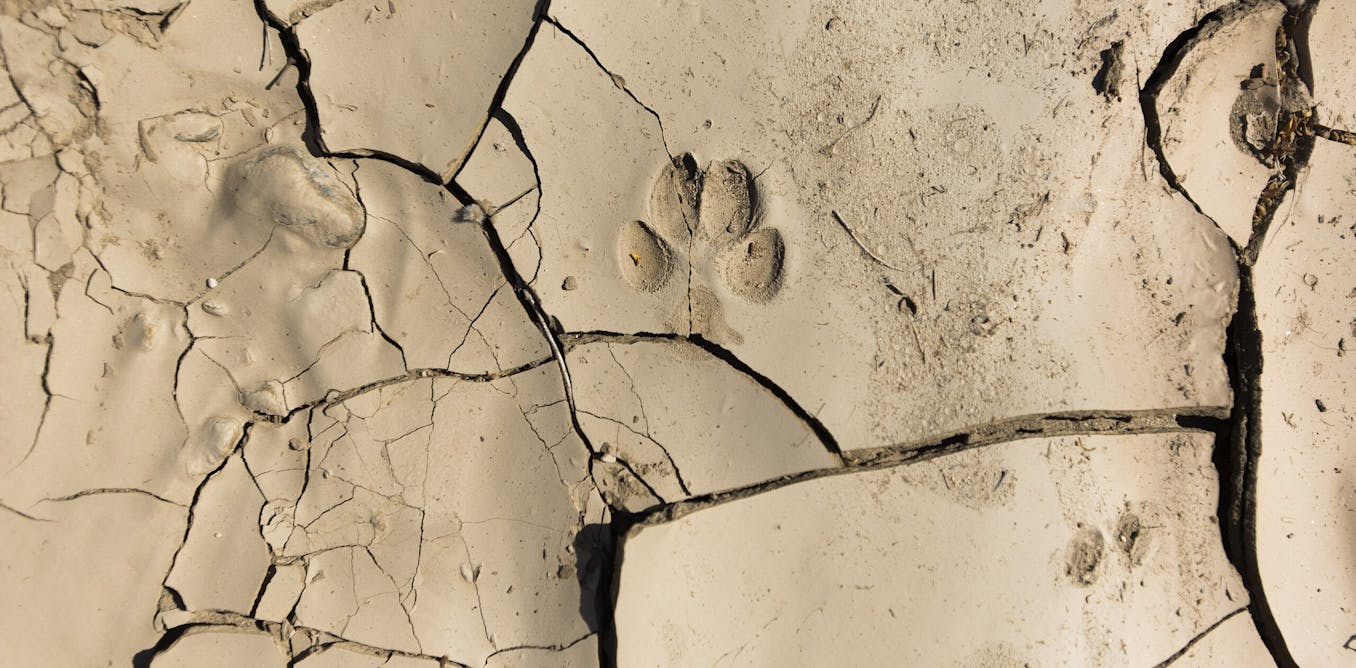Ice melts are a common way to combat slips and falls in winter, but pet parents especially must be aware that these products can contain dangerous chemicals. What you want is a pet-safe ice melt that prevents slips and falls while also protecting beloved four-legged friends. These five tips will also help keep your dogs and cats safe in winter.
Ice and snow mean slips and falls are common in winter, and an ice melt is a great way to keep driveways, walkways, and sidewalks safe for people and animals. But the wrong type of ice melt can be dangerous for dogs and cats, and a pet-safe ice melt is the best way to safeguard your two- and four-legged family. Let’s look at five ways to protect dogs and cats from dangerous winter chemicals.
1. Boot Up
Boots are a great way to protect your pup’s or kitty’s paws from salt, snow, ice, and cold temperatures when you’re out walking or on a winter adventure. But if your dog or cat hates wearing boots, then try a protective balm instead.
2. Wipe Their Paws When They Come Inside
Your dog or cat can pick up a lot of things when they’re outdoors, including dirt, bacteria, ice balls, harsh chemicals, and more. Wash or wipe their paws when they come in from being outside. This will stop them from licking harsh chemicals off their paws, prevent them from tracking yucky things around the house, and keep their paws clean and healthy.
3. Choose an Ice Melt Without Salt
Salt can be an effective way to prevent slips and falls in winter, but it’s bad for waterways, wildlife, the environment, and dogs and cats. Salt can cause irritation, burning, and itching on the paws and eyes. What’s more, if your dog or cat consumes too much salt, it can cause nausea, vomiting, diarrhea, weakness, tremors, and even seizures. Fortunately, you can find a pet-safe ice melt that doesn’t contain salt.
4. Look for Chloride-Free Formulations
Many ice melts contain sodium and magnesium chlorides. Like salt, these products can pose severe risks to your dog’s or cat’s health. Here are a few of the possible symptoms of exposure to ice melts:
- Burns on the skin, nose, mouth, throat, and eyes
- Nausea, vomiting and diarrhea
- Fever, chills, cough, and chest and muscle pain from inhaling metal fumes
- Electrolyte imbalance
- Dehydration
- Weakness
- Increased heart rate
- Confusion
- Tremors and seizures
5. Opt for a Pet-Safe Ice Melt
An ice melt that’s safe for dogs and cats is the best way to prevent slips and falls while also protecting your two- and four-legged family members. These products don’t contain salt, chlorides, or other dangerous chemicals, so they don’t irritate paws and are safe for dogs, cats, and people.
Safe Paw for Safe Surfaces and Paws!
Safe Paw is the only pet-safe ice melt on the market! Others may advertise themselves as pet-friendly, but that doesn’t mean they’re non-toxic. Safe Paw is salt-free, chloride-free, and non-corrosive. It’s safe for paws and safe to ingest, posing no risk to dogs or cats, kids, plants, surfaces, or the environment.
Visit Safe Paw to learn more!
The post 5 Essential Tips to Protect Your Dog or Cat from Harsh Winter Chemicals appeared first on Animal Wellness Magazine.
The post “5 Essential Tips to Protect Your Dog or Cat from Harsh Winter Chemicals” by Animal Wellness was published on 11/27/2023 by animalwellnessmagazine.com






































